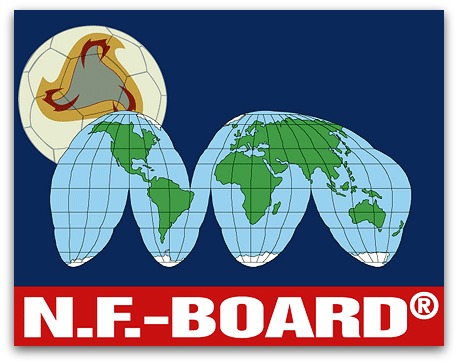Who can’t play for the World Cup this summer? Teams from non-sovereign nations, displaced peoples, dependencies, and tiny countries. They’ve got their own tournament.

In 2003, a French sports attorney founded the New Federation Board for those teams, under the idea that “everyone has the right to play” soccer. The N.F.-Board played its first championship, the Viva World Cup, in 2006 in, symbolically, Occitania, a historical and cultural region that comprises parts of France, Monaco, Italy, and Spain. (Occitania is also a member of the N.F.-Board.)
Some notable members of the N.F.-Board:
- Darfur. The once-independent region was absorbed into Sudan in the early 20th century, and was ravaged by civil war and genocide in the early 21st century. All of the Darfur teams players reside in refugee camps in Chad.
- Provence. It’s been part of France for hundreds of years but the population generally identifies more with its own cultural history than that of France.
- Cascadia. The name refers to the Pacific Northwest of the U.S. and Canada, home to the Cascade Mountain range. The team fields players from both countries.
- Gozo. A tiny, rural island off the coast of Italy that’s a dependent of the also tiny nation of Malta.
- Tamil Eelam. The Sri Lankan Tamil cultural group wants its own homeland in the northeast of Sri Lanka; as of now, it’s not yet a sovereign community.
- Greenland. The icy island is a sovereign nation, but a part of the kingdom of Denmark. It’s not a member of FIFA—the country is so cold that it can’t grow the grass required for regulation soccer fields.
- Sealand. It’s is a 45-year-old micronation, comprised of a seaport off the coast of England. About 50 people claim to be residents of what is little more than a platform 1/100th of a mile big—smaller than a soccer field. But it’s a m







